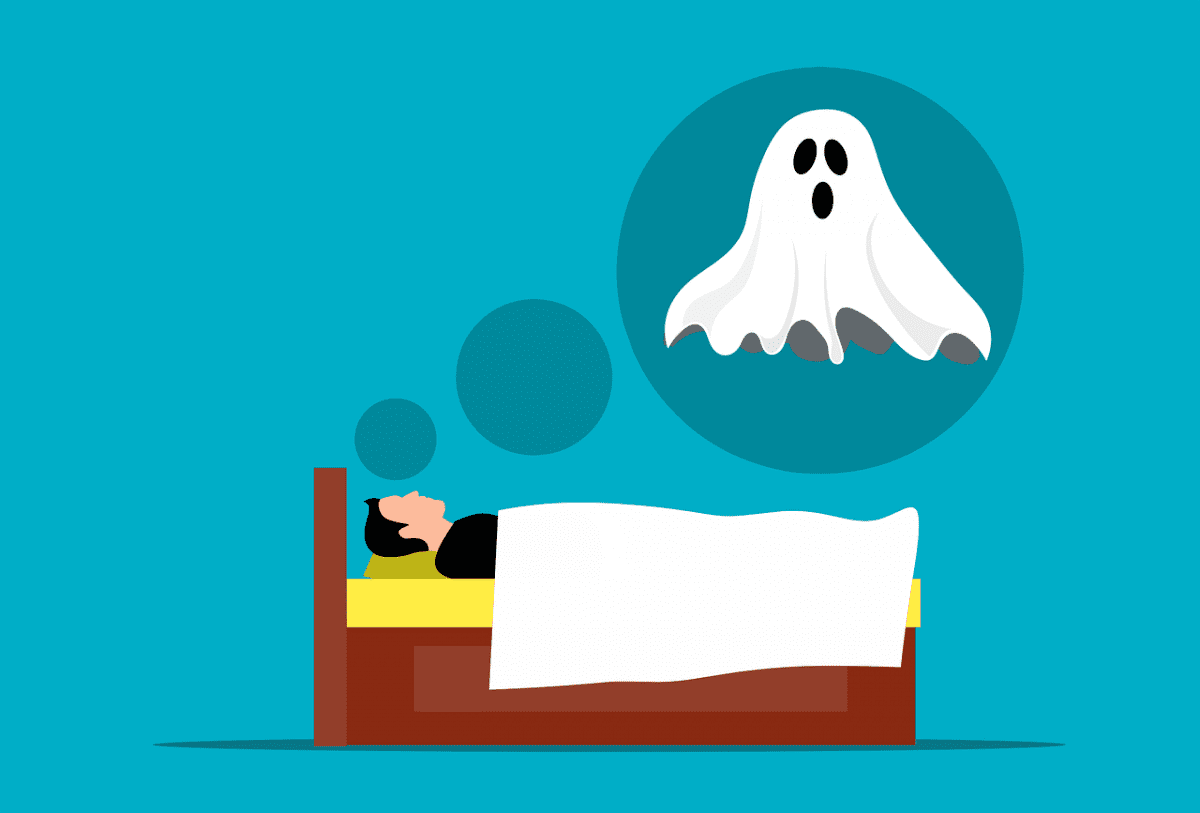To different people, trauma may signify different things. It is possible that the horrific incidents you went through were not the same as the ones we see on television.
Trauma is best characterized as something life-changing or terrible at the time it occurred and still generates a physical or emotional response when you think about it today.
Everybody experiences nightmares now and then. Trauma-related dreams are significantly more common and upsetting than ordinary nightmares. The occurrence of these repeated nightmares has been connected to an increase in suicide ideation.
As a result, many trauma survivors have turned to Eye Movement and Desensitization and Reprocessing Therapy, commonly known as EMDR, to decrease or eliminate many aspects of the trauma reaction.
Contents
What is EMDR Nightmare Protocol?
EMDR is useful because reliving painful situations is less emotionally unpleasant when your attention is redirected. It enables you to be presented with recollections or thoughts without experiencing a significant psychological reaction.
It is an excellent treatment for nightmares. You will have the ability to focus on a single dream during your sessions. The idea would be to desensitize this bothersome recollection and put in a new dream of your creation. The EMDR Nightmare Protocol can help to speed up this process.
Moreover, EMDR can also help people with insomnia that isn’t caused by a physical condition but stems from a traumatic incident or experience in their lives. EMDR nightmare protocol therapy is a non-pharmaceutical method to treat sleep issues related to post-traumatic stress disorder (PTSD).
Psychological insomnia or learned insomnia can result from poor sleep hygiene established due to childhood mistreatment and can be treated with EMDR therapy.
Furthermore, studies show that EMDR can aid in processing dream imagery and the solution of specific traumas throughout the usual course of treatment.
5 Steps of EMDR Nightmare Protocol
Relaxation
To make sure you are ready to focus on changing your nightmares, practice relaxation, positive images, and coping strategies first. You can listen to music or use guided visualization. The individual initially achieves a state of calmness by using relaxation techniques of their choice.
Choosing a recurring nightmare
After completing the relaxation techniques, you can now pick a recurring nightmare. Choose a nightmare that you can handle right now.
Write down the chosen reoccurring nightmare
As if it were a short narrative or script, the individual writes down their nightmare. While describing the nightmare, try to include sensory details such as sound, taste, smells, sight, etc.
Additionally, include any self-perceptions, sentiments, or assumptions you had during the dream.
Answer the following questions:
- How do you feel after the nightmare?
- What are your thoughts while you’re having a nightmare?
- In the nightmare, do you make any assumptions about yourself?
Change the outcome for the nightmare
Before anything traumatic or awful happens to you or others in the nightmare, the alteration should occur. You can devise a solution that will avoid the recurring dream from becoming a nightmare.
You will be encouraged to come up with a new outcome for the particular nightmare you have selected. All possibilities are on the table. Remember that this is only a dream. As a result, dream logic is applicable.
Rewrite the nightmare down to the slightest detail once you have the altered version in your thoughts, but with the positive alterations replacing the terrible portions.
Rehearse and relax before sleeping and during the day
Play this tweaked nightmare in your thoughts during the day. Instead of the trauma-related nightmare that has been bothering you, practice experiencing this dream.
As bedtime approaches, imagine the dream in detail while practicing relaxation methods. Follow this procedure until your nightmare is replaced with a dream of your choosing.
Is EMDR Nightmare Protocol Effective?
One study addressed recurring nightmares as part of sleep quality, and showed considerable improvement. After five sessions, EMDR treatment improved PTSD symptoms and sleep quality.
Coming to grips with many negative things that have been festering in your brain and consciousness is a part of EMDR nightmare protocol therapy. It brings all of the buried emotions to the surface, allowing your brain to process them healthily.
Individuals who have gone through trauma may find themselves reliving their childhood abuse, repeatedly returning to the scene of a crime in which they were the victim, recalling hurtful, painful, or insulting words from an abuser, being bothered by memories, despite the passage of time.
Once you have completed the EDMR nightmare protocol, you will feel less guilty, emotionally stronger, relieved, and sleep better. It is one of the most beneficial aspects of EMDR therapy. Those old memories that refuse to go away will fade and eventually vanish.
Sure, if you think about them, you will remember them, but they would not bother you. The memories will be memories and not a recurring nightmare.
Summary
Traumatic life experiences and persistent stresses that interfere with good sleep patterns can be treated with EMDR, either in-person or online. It can be used to address trauma from the past and more current traumatic events such as tragic accidents, separation, the death of a loved one, and so on.
Some traumatic incidents occur at night, which can have a significant impact on a person’s capacity to feel secure at night. EMDR can be used to focus and treat traumatic experiences that occurred at night or while sleeping, whether humans or natural disasters caused them.
The EMDR nightmare sleep protocol creates a future template in which the individual imagines falling asleep smoothly and without effort. Better sleep habits aid in the reduction of traumatic symptoms and the improvement of mood.
For some people, EMDR nightmare protocol and the significant life changes that usually accompany it might result in a significant shift in perspective. Taking on your difficulties requires courage, and once you do, you will be a whole different person on the other side.
As a result, things or people who used to be the reason for your nightmares will begin to feel smaller, and less significant.






